Were Any Animals Harmed In The Making Of Pet Sematary
In 2011, we ventured to northern Maine to see some of the filming locations for the 1989 cult horror classic "Pet Sematary," the motion picture adaptation of Stephen Male monarch's 1983 novel well-nigh animals that come up dorsum from the expressionless, which Mary Lambert directed from Rex's own screenplay.
As lifelong King and horror film fans, this particular trip represented a kind of pilgrimage for us. We knew the drive would exist long (well over five hours but to get there), only nosotros knew it would exist worth it.
Prior to reaching Maine, we had no ambitions other than to find the locations and — maybe — have some clever then-and-now photos of us recreating some of the moving picture's memorable scenes and stand where the actors (including Denise Crosby, Dale Midkiff and Fred Gwynne) once stood.
Besides Read: Stephen Male monarch Confirms Idris Elba, Matthew McConaughey to Star in 'The Dark Belfry'
Little did we know that this one-day trip to Maine would be the get-go of dozens we would take between 2011 and 2015, and that our quest to uncover the relics — photos, videos, stories — from Stephen Rex's "Pet Sematary" would also pb to a documentary that would take u.s.a. all around the United States and ultimately state a major distribution deal with the production and distribution company Terror Films.
Here are some fun facts about Stephen Male monarch's "Pet Sematary" that we uncovered.
1. Some events from "Pet Sematary" actually happened.
Before reaching the large screen, "Pet Sematary" was a bestselling novel that thrilled and shocked readers back in 1983. Many of the events in the story, including the nigh death of Rex'southward son, Owen, on a busy route in front of their Maine home, were inspired by real events from King's life.
As well Read: Stephen King'south 'Cell' Trailer Finds John Cusack Dialing 'M' for Mayhem (Video)
Some other event that really happened to King was learning that his girl's cat, Smucky (named Church building in the book and subsequent film adaptation), had died. Much like our main characters in the film, King and his wife, Tabitha, were unsure of how to deal with the news, merely they ultimately decided to tell their girl nigh the cat, agreeing that she had to acquire most death former.
Ironically enough, Male monarch originally felt that the story itself was too dark and that nobody could possibly want to read it, then he kept it tucked away for several years earlier finally publishing it.
2. The moving-picture show gear up the standard for King's stories to be shot in Maine.
Despite his stories almost e'er being set in Maine, prior to "Pet Sematary," all of Stephen King's films were actually shot exterior the state. Once King began writing the screenplay and the prospect of the picture show getting made became more and more certain, he insisted that it be shot in Maine, not but to remain true to the story itself just also to bring money and exposure to the state. "Pet Sematary" would prepare the tendency of shooting film adaptations of his stories entirely — or at least partly — in Maine.
Also Read: Stephen King'due south 'It' Release Date Set by Warner Bros
3. The 1988 Writers Guild of America strike helped "Pet Sematary" get made.
In 1988, film executives were scrambling to find scripts that were and so well written they could just go alee and start shooting. With the looming WGA strike, the executives feared that there would exist many empty slots on their release calendars. Because Male monarch's script for "Pet Sematary" was and then well written, so Paramount executive Lindsay Doran championed for information technology to get made during this disquisitional period.
Despite reservations by some that another Stephen Male monarch film was not the right movement (by 1989, many felt that audiences had grown tired of Stephen Male monarch films — of class, this was earlier pop movies like "Misery" and "The Shawshank Redemption" came out), they gave the project the green lite and went ahead and filmed it — much to the surprise and please of Paramount executives.
Besides Read: Stephen Male monarch's 'The Mist' Ordered to Series at Spike
4. Fred Gwynne was an incredibly versatile role player.
To about, Fred Gwynne is best remembered for playing Herman Munster on the short-lived yet very pop television series "The Munsters." Even so, Gwynne could do much more than play a funny, Frankenstein-inspired klutz. From theater to writing and illustrating children'south books, Gwynne — who was as well a Harvard graduate — had a rich and varied career in numerous areas of the arts. Clearly, manager Mary Lambert recognized his immense talent and insisted that he be cast as Jud Crandall.
5. The motion-picture show had a major Madonna connection.
Women didn't oft direct genre flicks, and Lambert had merely one feature film nether her belt — the 1987 indie "Siesta" — when she was hired to bring "Pet Sematary" to the large screen. Turns out, King tapped Lambert because he admired her visual talents, which she honed while directing music videos for Janet Jackson, Sting and the Cloth Girl. That's correct, Lambert was behind the photographic camera on many of the Madonna's classics, including "Like a Virgin," "Material Girl" and "Borderline."
Also Read: Terror Films Unveils 2016 Slate Including 'Pet Sematary' Documentary (Sectional)
Her distinctive mode definitely shines in the pic, and information technology makes "Pet Sematary" stand out from the other horror movies that came out at that time. Oh, and, by the way: Lambert, a painter and visual artist in many media, is the older sister of former Arkansas Sen. Blanche Lincoln.
John Campopiano and Justin White are the directors of the documentary "Unearthed and Untold: The Path to Pet Sematary." Information technology is available now oniTunes, Amazon, Google Play, VuDu, Microsoft Xbox and Sony PSN. You lot can also watch the moving-picture show's trailer hither.
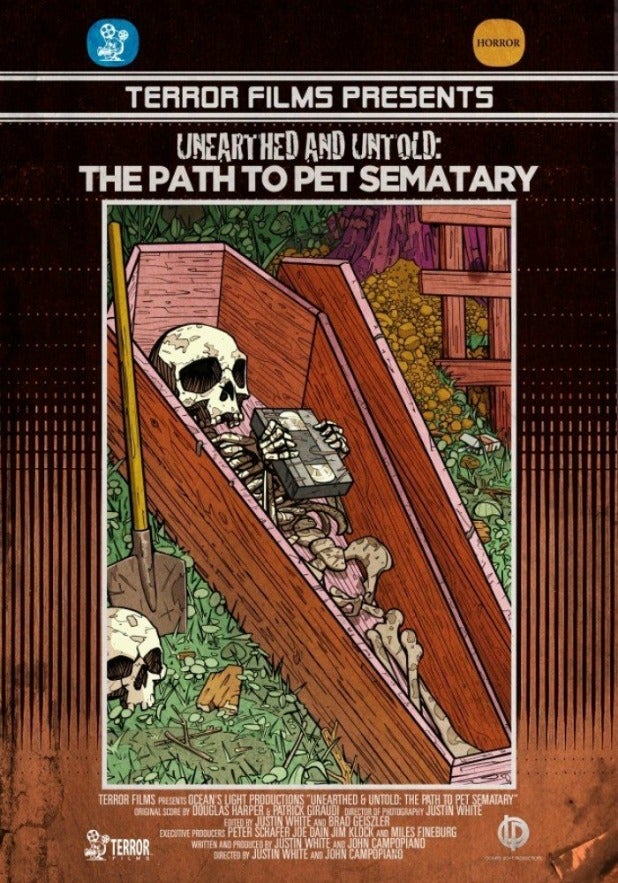
Source: https://www.thewrap.com/5-things-you-didnt-know-about-stephen-king-pet-sematary-guest-blog/
Posted by: brubakergoour1986.blogspot.com

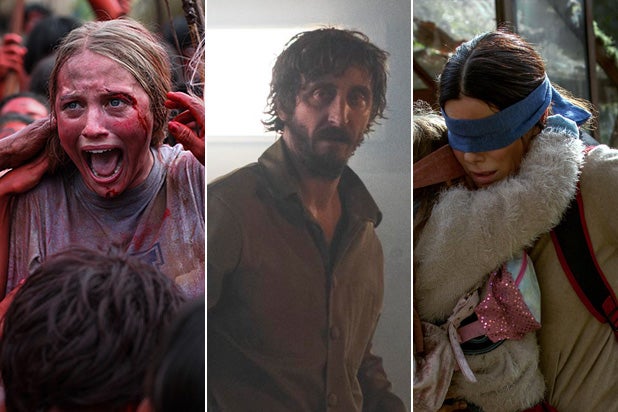
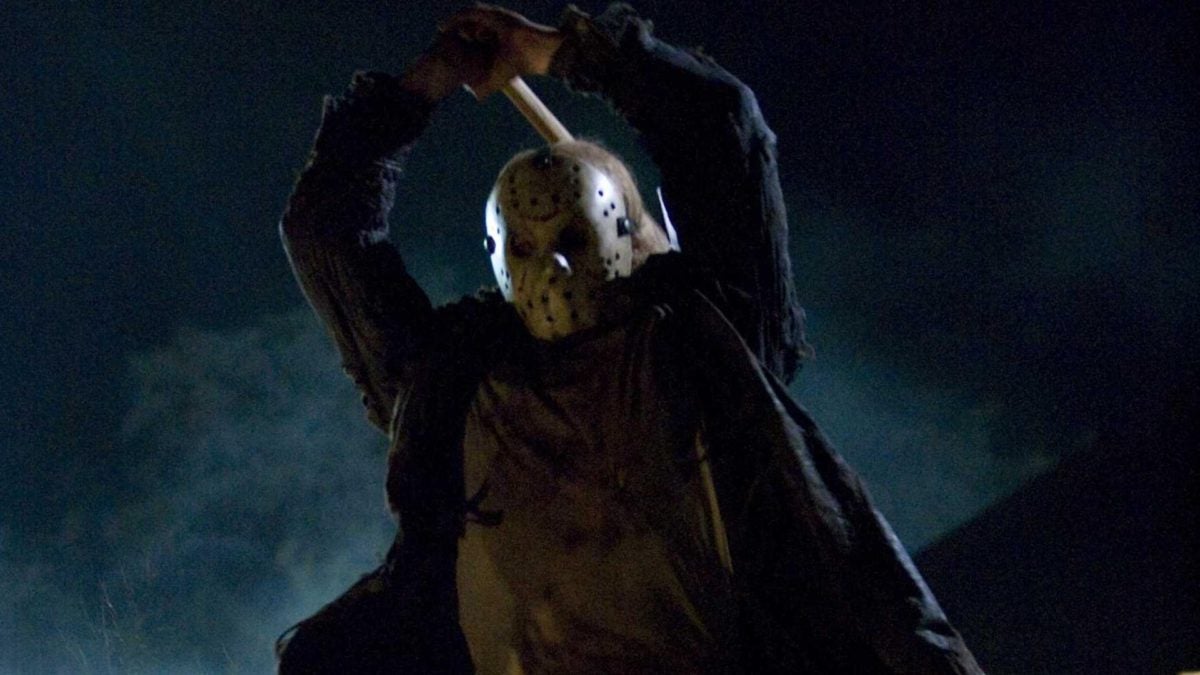
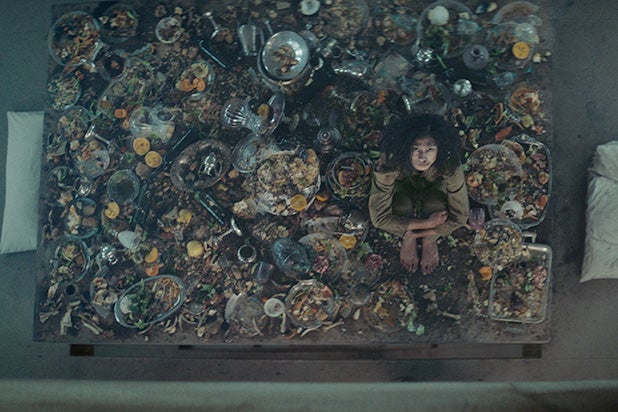

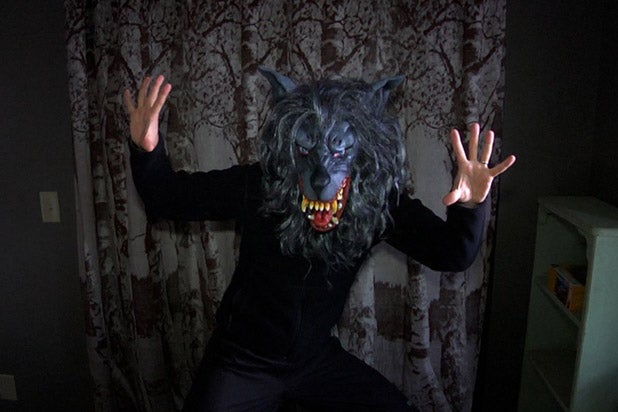
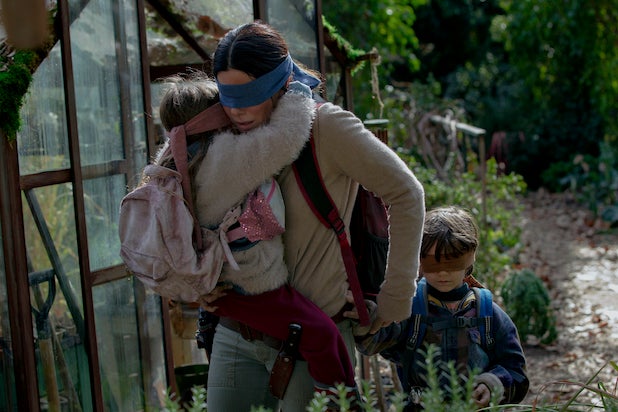
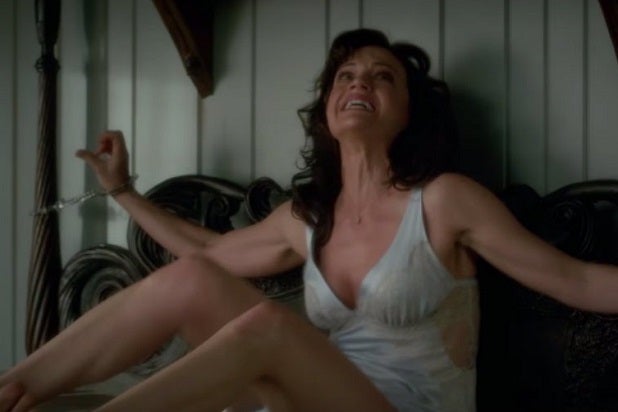
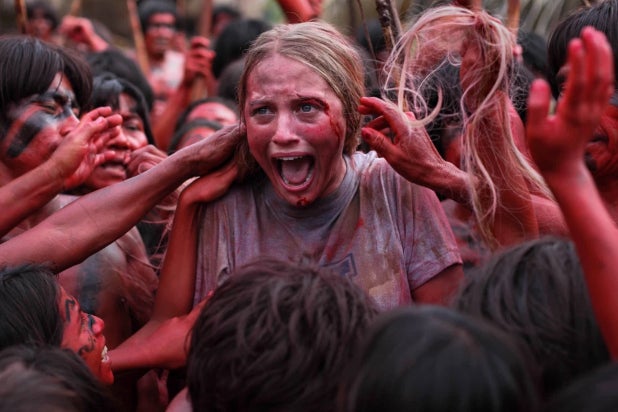
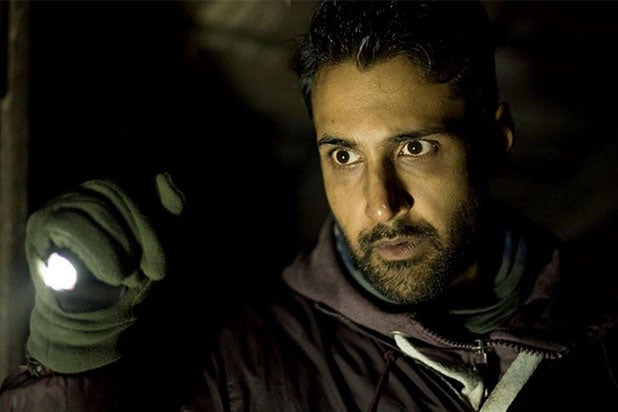
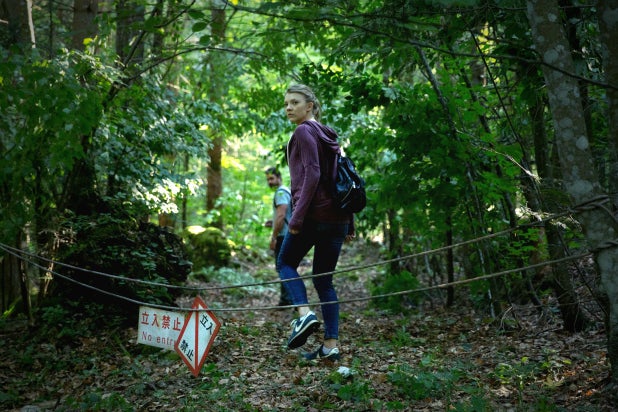

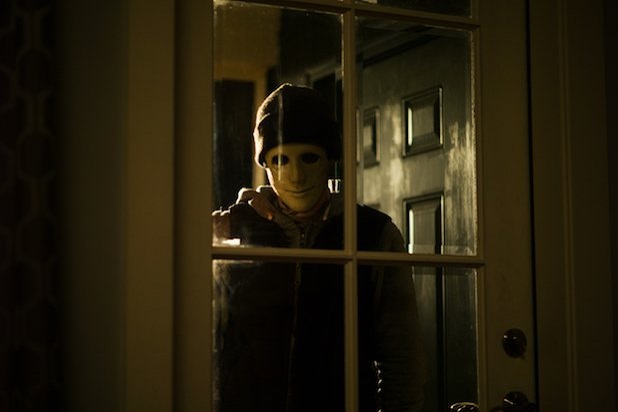

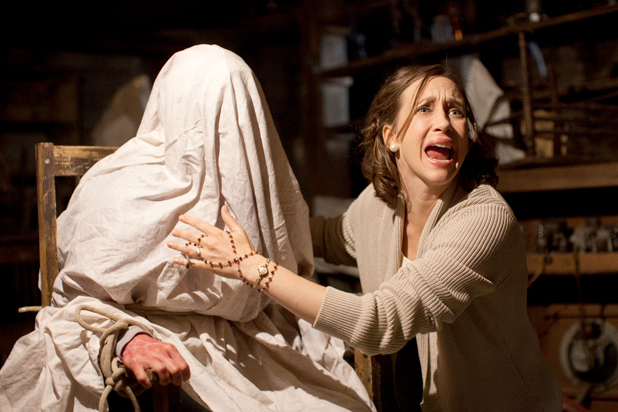
0 Response to "Were Any Animals Harmed In The Making Of Pet Sematary"
Post a Comment